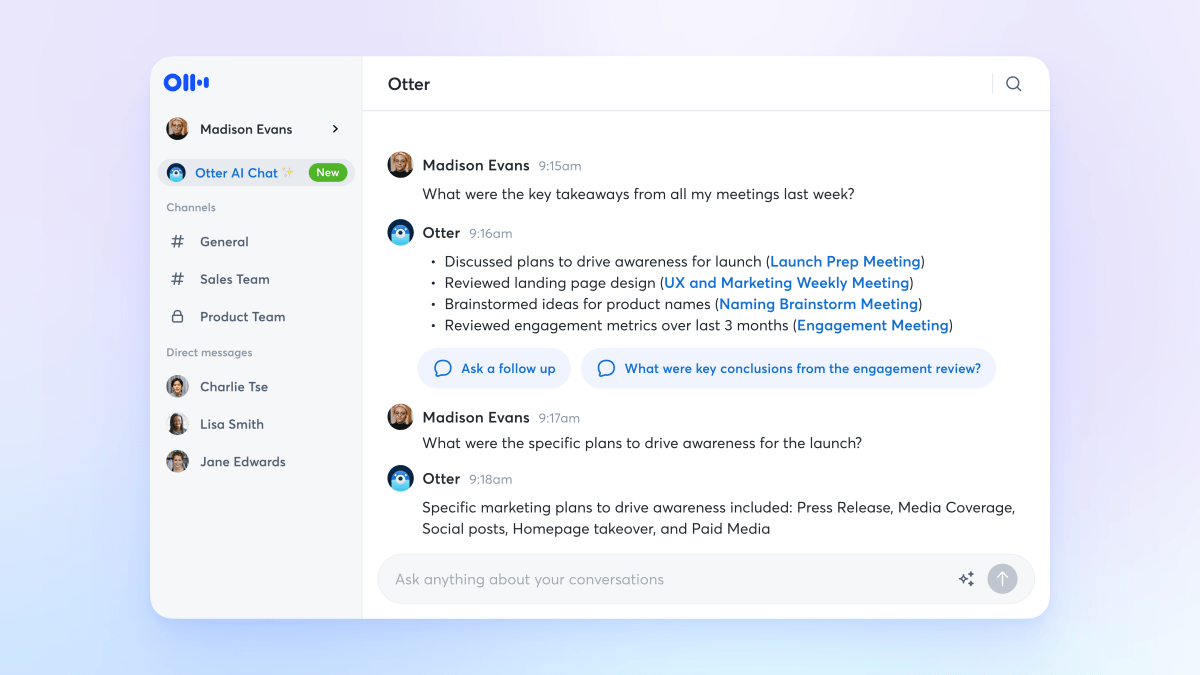Artificial intelligence (AI) has been in existence since the mid-1950s, but with the emergence of accessible programs like ChatGPT and generative AI, it has gained significant attention in recent times.
A Signal search analyzing content from the top 50 influential publications compared the mentions of AI in the second half of 2022 to the first half of 2023. The findings revealed a remarkable 286% increase in AI coverage during the initial quarter of 2023. In the latter half of 2022, there were 2,743 references to AI, whereas this number surged to 10,594 in the first half of 2023. The headlines predominantly focused on the government’s apprehensions regarding the utilization of AI and other intelligent systems. Nevertheless, the incorporation of AI features in the security sector offers a promising opportunity to enhance public confidence in AI as a force for good. By effectively integrating AI and avoiding the conventional reluctance to adopt new technologies without exhaustive validation, organizations can potentially leverage AI to positively transform the future of security.
BSI’s recent Trust in AI Poll indicated that 38% of individuals worldwide now encounter AI in their daily work routines, underscoring the widespread acknowledgment of AI’s potential by various organizations. However, the rapid pace of this transition raises concerns about a potential disparity between the evolving trust of the public in AI and the enthusiastic adoption of AI by business leaders. A survey by Workday revealed that 98% of CEOs perceive benefits from implementing AI capabilities, contrasting with KPMG’s research, which found that only 28% of individuals are willing to place trust in public AI systems.
Organizations that grasp the potential of AI and effectively communicate its value to stakeholders stand to harness its power and position themselves on a trajectory towards enhanced stability, especially in times when digital breaches pose ongoing challenges for corporate entities.
Cybersecurity Strategies Enhancing AI Empowerment
Leaders who promptly address initial apprehensions among employees regarding the value of AI can expedite the realization of its vast potential as it becomes an integral part of mainstream business operations. However, persuading employees to embrace AI may prove to be a challenging task.
According to BSI’s Trust In AI Poll, 47% of respondents expressed the need for substantial trust in AI to entrust responsibilities such as identifying unusual email activities. While this reluctance among employees to fully embrace AI is evident, it also presents leaders with an opportunity to effectively communicate the benefits of AI and dispel misconceptions.
An effective approach to showcasing the advantages of AI to security personnel is by illustrating how the technology can significantly reduce their workload. The ability of AI to swiftly process large volumes of data, a key selling point, can be particularly beneficial for cybersecurity professionals engaged in data analysis, a vital aspect of modern security operations. With the prevalence of Security Information and Event Management (SIEM) tools in monitoring potential cybersecurity threats, AI can streamline data analysis processes, enabling real-time identification of specific log incidents through algorithmic management by employees.
AI’s capabilities in expediting threat detection can be pivotal in reducing the average time to identify data breaches, as evidenced by IBM’s report indicating a 108-day reduction in breach detection cycles through AI and robotics. However, the collaboration between AI and human expertise is essential to ensure accurate analysis and consistent results. By striking a balance between AI and human capabilities, organizations can demonstrate how AI streamlines data analysis tasks, allowing employees to focus on strategic objectives that drive long-term organizational success. This shift may involve reskilling and refocusing employees’ roles to complement AI’s strengths rather than replacing human roles entirely, leading to a more adept and resilient security team poised for further growth.
The Value of Investing in AI
The potential benefits of AI are undeniable, especially in enhancing security measures. While some organizations may perceive security as a cost-cutting area, viewing it merely as a necessity rather than a strategic investment, prioritizing substantial investments in security technologies can foster trust with employees, partners, and stakeholders. Establishing an internal security team well-versed in evolving technologies like AI is crucial to fortify the organization against potential cyber threats and ensure readiness to tackle emerging challenges.
As we progress towards an “AI-first” environment where AI drives various interactions, leveraging its capabilities in security and other domains becomes imperative. Addressing public trust issues and elucidating the advantages of integrating AI into security frameworks are essential steps towards creating a secure and dependable digital landscape for all stakeholders.









